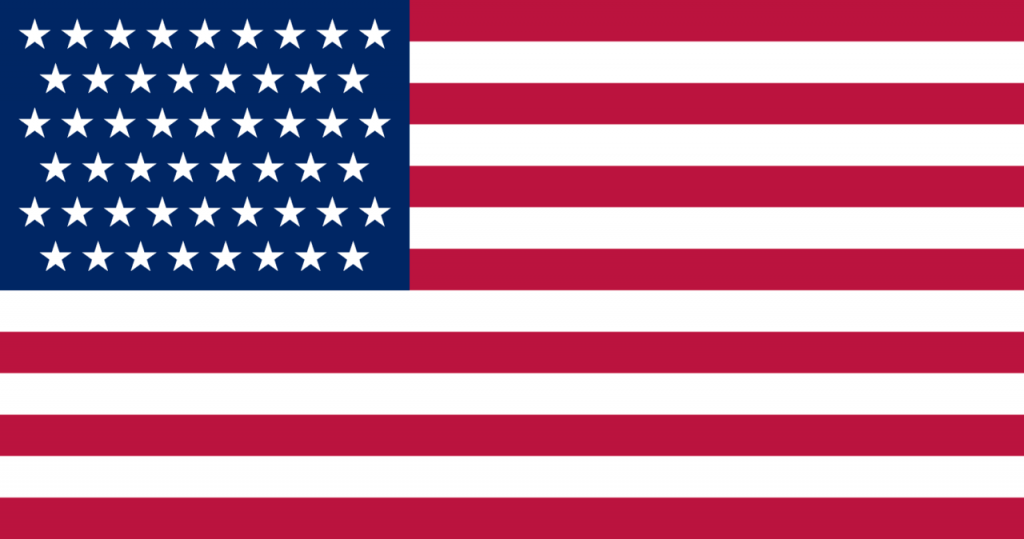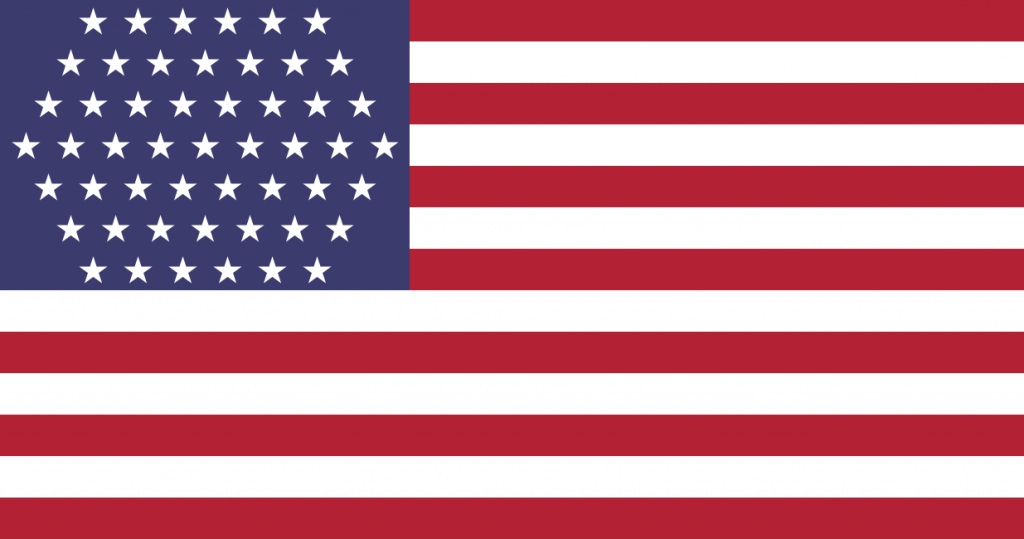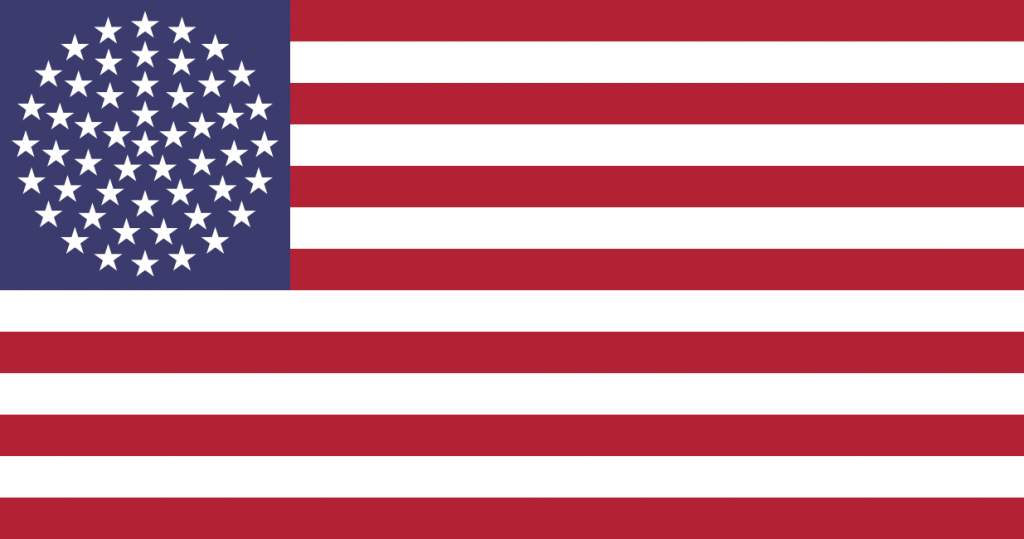While the sentiment is laudable, why are they wasting time on legislation that won't pass the Senate instead of dealing with the upcoming debt limit and protecting the Electoral College?
The U.S. House passed a bill Thursday that would allow Puerto Rico to hold the first-ever binding referendum on whether to become a state or gain some sort of independence, in a last-ditch effort that stands little chance of passing the Senate.
The bill, which passed 233-191 with some Republican support, would offer voters in the U.S. territory three options: statehood, independence or independence with free association.
“It is crucial to me that any proposal in Congress to decolonize Puerto Rico be informed and led by Puerto Ricans,” said Rep. Raúl Grijalva, D-Ariz., chairman of the House Natural Resources Committee, which oversees affairs in U.S. territories.
The proposal would commit Congress to accept Puerto Rico into the United States as the 51st state if voters on the island approved it. Voters also could choose outright independence or independence with free association, whose terms would be defined following negotiations over foreign affairs, U.S. citizenship and use of the U.S. dollar.
Majority Leader Steny Hoyer, who has worked on the issue throughout his career, said it was “a long and torturous path” to get the proposal to the House floor.
“For far too long, the people of Puerto Rico have been excluded from the full promise of American democracy and self-determination that our nation has always championed,” the Maryland Democrat said.
After passing the Democrat-controlled House, the bill now goes to a split Senate where it faces a ticking clock before the end of the year and Republican lawmakers who have long opposed statehood.
Puerto Rico Gov. Pedro Pierluisi, of the pro-statehood New Progressive Party, traveled to Washington for the vote. “It’s going to be a historic day because it’s going to create a precedent that we hadn’t had until now,” he said.
Members of his party, including Puerto Rico Resident Commissioner Jenniffer González, cheered the expected approval of the bill, although reaction in the U.S. territory was largely muted and tinged with frustration since it is expected to be voted down in the Senate.
The proposal of a binding referendum has exasperated many on an island that already has held seven nonbinding referendums on its political status, with no overwhelming majority emerging. The last referendum was held in November 2020, with 53% of votes for statehood and 47% against, with only a little more than half of registered voters participating.
The proposed binding referendum would be the first time that Puerto Rico’s current status as a U.S. commonwealth is not included as an option, a blow to the main opposition Popular Democratic Party, which upholds the status quo.
Pablo José Hernández Rivera, an attorney in Puerto Rico, said approval of the bill by the House would be “inconsequential” like the approval of previous bills in 1998 and 2010.
“We Puerto Ricans are tired of the fact that the New Progressive Party has spent 28 years in Washington spending resources on sterile and undemocratic status projects,” he said.
González, Puerto Rico’s representative in Congress, praised the bill and said it would provide the island with the self-determination it deserves.
“Many of us are not in agreement about how that future should be, but we all accept that the decision should belong to the people of Puerto Rico,” she said.

 www.chicagotribune.com
www.chicagotribune.com
The U.S. House passed a bill Thursday that would allow Puerto Rico to hold the first-ever binding referendum on whether to become a state or gain some sort of independence, in a last-ditch effort that stands little chance of passing the Senate.
The bill, which passed 233-191 with some Republican support, would offer voters in the U.S. territory three options: statehood, independence or independence with free association.
“It is crucial to me that any proposal in Congress to decolonize Puerto Rico be informed and led by Puerto Ricans,” said Rep. Raúl Grijalva, D-Ariz., chairman of the House Natural Resources Committee, which oversees affairs in U.S. territories.
The proposal would commit Congress to accept Puerto Rico into the United States as the 51st state if voters on the island approved it. Voters also could choose outright independence or independence with free association, whose terms would be defined following negotiations over foreign affairs, U.S. citizenship and use of the U.S. dollar.
Majority Leader Steny Hoyer, who has worked on the issue throughout his career, said it was “a long and torturous path” to get the proposal to the House floor.
“For far too long, the people of Puerto Rico have been excluded from the full promise of American democracy and self-determination that our nation has always championed,” the Maryland Democrat said.
After passing the Democrat-controlled House, the bill now goes to a split Senate where it faces a ticking clock before the end of the year and Republican lawmakers who have long opposed statehood.
Puerto Rico Gov. Pedro Pierluisi, of the pro-statehood New Progressive Party, traveled to Washington for the vote. “It’s going to be a historic day because it’s going to create a precedent that we hadn’t had until now,” he said.
Members of his party, including Puerto Rico Resident Commissioner Jenniffer González, cheered the expected approval of the bill, although reaction in the U.S. territory was largely muted and tinged with frustration since it is expected to be voted down in the Senate.
The proposal of a binding referendum has exasperated many on an island that already has held seven nonbinding referendums on its political status, with no overwhelming majority emerging. The last referendum was held in November 2020, with 53% of votes for statehood and 47% against, with only a little more than half of registered voters participating.
The proposed binding referendum would be the first time that Puerto Rico’s current status as a U.S. commonwealth is not included as an option, a blow to the main opposition Popular Democratic Party, which upholds the status quo.
Pablo José Hernández Rivera, an attorney in Puerto Rico, said approval of the bill by the House would be “inconsequential” like the approval of previous bills in 1998 and 2010.
“We Puerto Ricans are tired of the fact that the New Progressive Party has spent 28 years in Washington spending resources on sterile and undemocratic status projects,” he said.
González, Puerto Rico’s representative in Congress, praised the bill and said it would provide the island with the self-determination it deserves.
“Many of us are not in agreement about how that future should be, but we all accept that the decision should belong to the people of Puerto Rico,” she said.

US House approves referendum to ‘decolonize’ Puerto Rico
The U.S. House has passed a bill that would allow Puerto Rico to hold the first-ever binding referendum on whether to become a state or gain some sort of independence.



